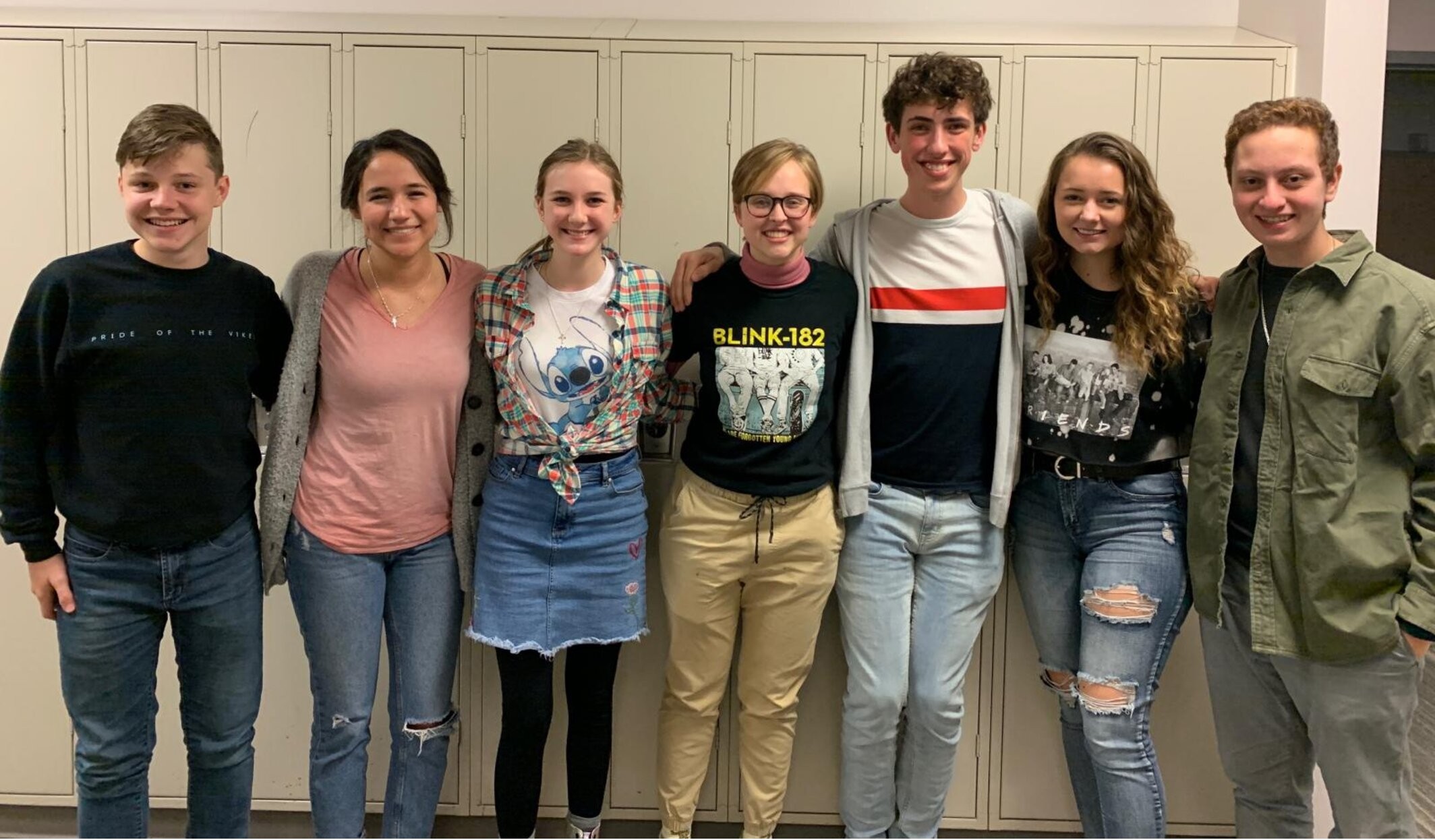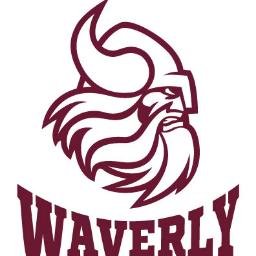The Team

Photo above: Cass Didier, a teacher at Waverly High helped us establish a High Schools Ethics Bowl team at Waverly High School.

In essence, National High School Ethics Bowl is a competitive discussion. Teams compete to give the most accurate, comprehensive, clear, and complete answer to the match question. Each two-match round involves:
- presenting an initial take on the question at hand (6 mins.)
- defending it against the opposing team’s critique (3 mins.)
- responding to questions from a three-judge panel composed of academic and non-academic professionals (10 mins.)
The questions focus on one or more aspects of a case drawn from a set of fifteen cases that teams have worked with for roughly two months prior to competition.
Each year, Professor Laura Grams, Department of Philosophy at the University of Nebraska, Omaha (UNO) generously spends her time recruiting schools and hosting the Nebraska Regional Competition.
National High School Ethics Bowl (NHSEB) is the arm of the Parr Center for Ethics at the University of North Carolina (UNC) responsible for organizing regional and national competition each year. Regionals are held around the U.S. and colleges and universities self-select which regional they’ll participate in. If a school wins a bid to nationals due to their regional performance, they head to UNC to compete with other bid winners. The University of Nebraska has sent teams to Intercollegiate Ethics Bowl's national competition twice since the inception of the UNL Ethics Bowl Team in 2011. We aim to help our high school partner schools achieve similar success.
Since the program's formation in the fall of 2018 and first competition in January of 2019, the team earned runner up, state champs, third place, fourth place, third place, and fourth place.
Skills Gained

Of course, ‘winning isn’t everything,’ which is also true in ethics bowl. Preparing for competition, each team member significantly develops skills in critical and moral reasoning and public speaking with peers. They:
- sharpen their intellect
- develop their interrogative and contrarian dispositions
- deepen their interest in exploring and analyzing complex situations and concepts as well as their ability to do so
- cultivate the virtue of epistemic humility
Hence, win or lose in competition participants efforts are meaningfully rewarded.
Contact Us
We’re always recruiting! If you think that your students or friends could put together a team to represent your high school in National High School Ethics Bowl, please, don’t hesitate to contact assistant director, Adam R. Thompson. Like Lincoln, Nebraska, and the world, we can always use more Husker excellence.